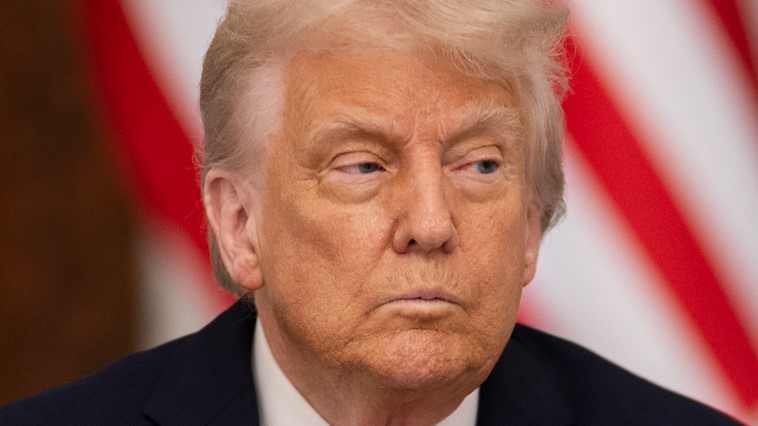Economists: Trump’s $2,000 payouts are “highly unlikely”
Others are reading now
President Donald Trump has raised expectations by promising $2,000 “dividend” payments funded by tariff revenue.
But economists, policy analysts and budget experts say the numbers don’t add up and the political and legal barriers make the plan difficult to execute.
Their assessments point to the same conclusion.
Revenue reality check
Trump has repeatedly argued that tariff collections provide “hundreds of billions” in fresh revenue, insisting that payments will begin “probably the middle of next year.”
But as CNN reported, analysts say the revenue generated by his new tariffs cannot support a program of that size.
Also read
The Tax Foundation estimates that tariffs will raise about $158.4 billion in 2025 and $207.5 billion in 2026. Even a narrowly targeted payout — $2,000 per filer with income under $100,000 — would cost around $279.8 billion.
A broader version including dependents could reach $606.8 billion.
Scott Lincicome of the Cato Institute told CNN he would be “pretty shocked” to see rebate checks next year. “This is like the magic money tree,” he said. “Of course, that’s not reality.”
Strain on other priorities
Sending large-scale rebates would also clash with the administration’s other commitments.
Tariff revenues have already been flagged to support recently enacted tax reforms, leaving little room for additional spending.
Also read
According to the Tax Foundation, diverting tariff revenue toward dividends would leave “no revenue to offset the cost of tax cuts or reduce the deficit in the near term.”
Even if the revenue existed, the plan would require congressional approval.
Budget hawks in both parties are wary of new spending as the national debt surpasses $38 trillion. Lincicome said it is “extremely implausible” that lawmakers would accept a move adding $300 billion to $600 billion to the deficit.
Inflation and legal risks
Economists warn that the rebates could generate fresh inflation.
“Sending out checks to people is a bad way to stimulate the economy,” Stephen Moore, a former Trump adviser, said in an email to CNN, arguing any tariff revenue should instead offset income taxes.
Also read
The Supreme Court is also reviewing the legality of global tariffs imposed under emergency authority.
CNN reported that justices appeared skeptical during arguments, creating uncertainty for an estimated 75% of the tariff revenue Trump is counting on.
“If the Supreme Court says the bulk of the tariffs are illegal, that could throw a wrench in the tariff rebate plan,” Erica York of the Tax Foundation said.
Some analysts say the payments may only emerge in a severe economic slump.
“This is a break-the-glass, use in case of emergency tool,” Ed Mills told CNN.
Also read
Sources: CNN, Tax Foundation, Truth Social


